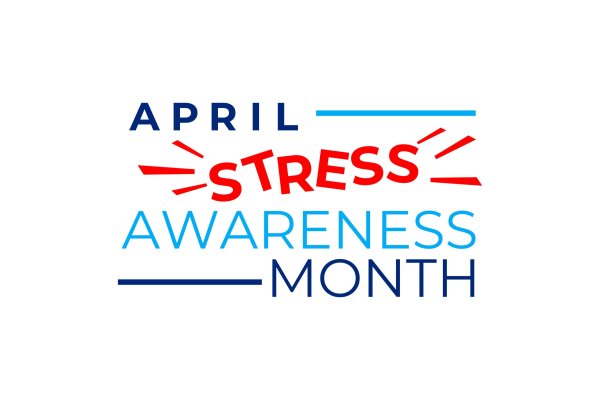
We all know stress is bad for us, and the links between our physical health and stress levels are well documented. April is National Stress Awareness Month, and the National Institutes of Health (NIH) have resources to help you and your employees identify and deal with the effects of it in your life.
The NIH Office of Research on Women’s Health provides the following seven steps to help both men and women manage stress and build stress resilience:
Symptoms include trouble concentrating, headache, tight muscles, nervous stomach, clenched teeth, and/or feeling irritable or withdrawn. Notice these symptoms and take action to counter them by: deep breathing, stretching, going for a walk, writing down your thoughts, or doing relaxation exercises.
If this is new for you, start with small changes, and include exercising, eating healthy, relaxing activities, and sleep. Do something you enjoy each day to shift your focus to the positive.
Structure in your daily schedule helps keep you in tune with your body’s signals. Then, when things change you can take steps to manage stress earlier.
Talk with family, friends, and coworkers. Whether through technology or in-person, human contact can be reassuring and calming.
Change the way you view potentially stressful situations: sitting in traffic is an opportunity to enjoy music, a podcast, or a pleasant view. By keeping situations in perspective, you’ll boost your stress resilience.
This can be particularly difficult in the construction industry, but asking for help is a sign of strength, not weakness. It’s like going to a doctor when you are sick.
If your company has an employee assistance program (EAP) or provides mental health services through its medical insurance, take advantage of these resources. The new 988 mental health crisis line is also a great resource for those in immediate distress.
Related Posts